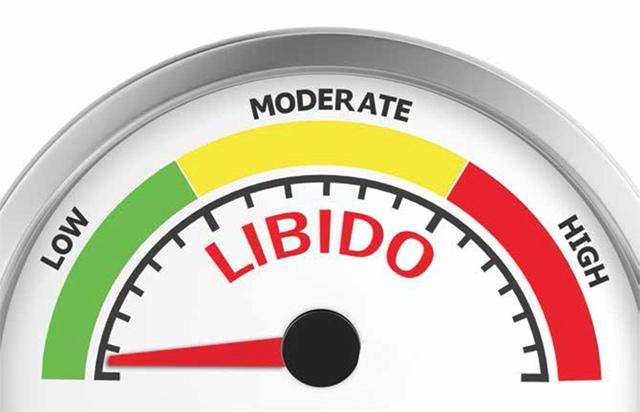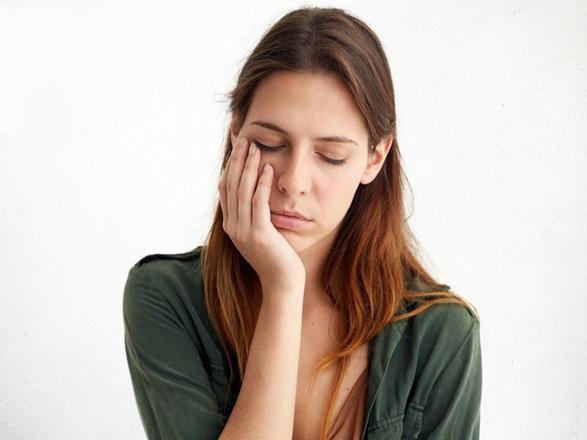You are here
Testosterone improves sexual function after menopause in older women
By Reuters - Jul 31,2019 - Last updated at Jul 31,2019

Photo courtesy of wordpress.com
Women who experience sexual dysfunction after menopause may feel more desire and pleasure when they use testosterone treatments, a recent study suggests.
Researchers reviewed data from 36 trials with 8,480 participants, most of whom had already gone through menopause. The trials randomly assigned some women to use testosterone treatment and others to take a placebo or an alternative hormone treatment like oestrogen alone or in combination with progesterone.
Women who used testosterone experienced significantly increased sexual function and had satisfying sex more often than their counterparts who didn’t get this therapy, the study found. Testosterone caused spikes in desire, arousal, orgasm and responsiveness, as well as a decrease in distress related to sexual function.
“Testosterone acts directly in the brain and influences sexual functioning at a central level [sexual desire, fantasy, thoughts, etc.] and it also increases blood flow to the genitalia so women are more likely to feel sensation of arousal and orgasm,” said Susan Davis, senior author of the study and a researcher at Monash University in Australia.
Although best known as a male hormone, testosterone is important for female sexual health, contributing to libido and orgasm as well as helping to maintain normal metabolic function, muscle strength, cognitive function and mood, researchers note in the Lancet Diabetes & Endocrinology.
Testosterone levels decline naturally over a woman’s lifespan and can also drop sharply following surgically-induced menopause. Prior research has suggested that testosterone therapy can improve sexual function in women, but the available formulations have been designed for men and evidence for their safety or for adverse side-effects in women is scant.
In the current study, side effects with creams and patches that apply testosterone through the skin included slight weight gain, mild acne, and increased hair growth. Oral testosterone appeared to increase low-density lipoprotein cholesterol, the “bad” kind that builds up in blood vessels and can lead to blood clots and heart attacks.
The study also looked at some other common reasons why women take testosterone and found no beneficial effects on cognitive measures, bone mineral density, body composition or muscle strength. No benefits were seen for depressive mood irrespective of menopausal status or in psychological well-being.
“This is the first study to refute the use of testosterone for anything other than low libido unless future studies show evidence of benefit,” Davis said by e-mail. “Unfortunately there are a lot of women in the USA and Australia being treated with testosterone for fatigue, depression and other invalid reasons.”
There are no testosterone treatments approved specifically for use in postmenopausal women, Davis said. As a result, women use formulations made for men or use compounded, or custom-blended medicines, that may be unsafe or ineffective.
Still, results from the study should reassure women that they may benefit from using testosterone to treat sexual dysfunction after menopause, said Rossella Nappi of the University of Pavia in Italy.
“Testosterone is not an easy fix for sexual dysfunction but it should be considered... for low sex drive, arousal, etc.,” Nappi, author of an editorial accompanying the study, said by e-mail.
Treatments with the hormone oestrogen may also help women improve genital arousal and lubrication as well as vaginal dryness and pain during intercourse, Nappi said.
Related Articles
Consultant Urological Surgeon and Consultant in Sexual Medicine Many women excuse their low libido (sex drive) as part of the ageing pr
Women who have surgery to remove their ovaries go through menopause abruptly, and a new study suggests this comes with an increased risk for
By Yaman TalConsultant Urological Surgeon and Consultant in Sexual MedicineLove is one of the strongest of human emotions but if you think i



















